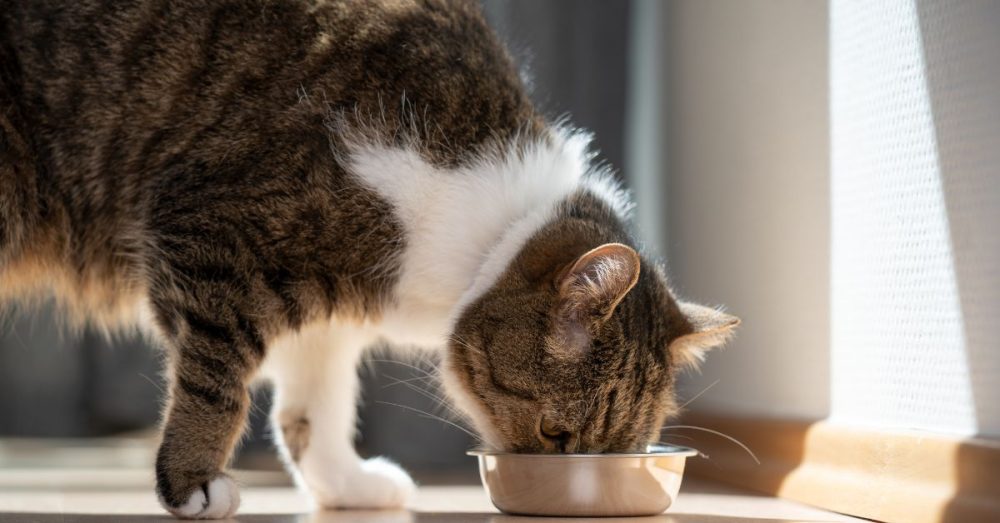Pet owners in Oregon are being urged to discard a specific brand of raw, frozen cat food after it tested positive for the H5N1 bird flu virus, resulting in the death of a house cat.
The Oregon Department of Agriculture (ODA) confirmed that a strictly indoor feline contracted the virus through consumption of the tainted product, marking a concerning development in the ongoing spread of avian influenza, reported USA Today.
“We are confident that this cat contracted H5N1 by eating the Northwest Naturals raw and frozen pet food,” said Ryan Scholz, ODA state veterinarian, in a public statement. Genetic testing confirmed that the virus found in the pet food matched the strain that infected the deceased cat, leaving no doubt about the source of contamination.
Northwest Naturals has issued a recall for its 2-pound turkey recipe raw and frozen pet food, distributed in 12 U.S. states and parts of Canada. So far, no human cases have been linked to the incident, and health officials emphasize that the risk of transmission to humans in Oregon remains low. However, the recall underscores the importance of vigilance in managing the spread of the virus.
The contamination incident comes amid a broader concern over bird flu in the United States.
Earlier this month, the Centers for Disease Control and Prevention (CDC) reported the first severe human case of bird flu in Louisiana, as previously covered by The Dallas Express. The patient was hospitalized after exposure to infected backyard birds, signaling the persistent threat of the virus beyond animal populations.
California recently declared a state of emergency due to rising infections, highlighting the growing national challenge. As the state with the highest reported cases, California is intensifying efforts to control the virus, with other states closely monitoring their outbreaks.
While bird flu primarily affects avian species, its potential spillover into other animals raises significant concerns. Experts recommend that pet owners handle raw food with care, keep pets away from wild birds, and report any unusual pet illnesses to veterinarians immediately.


